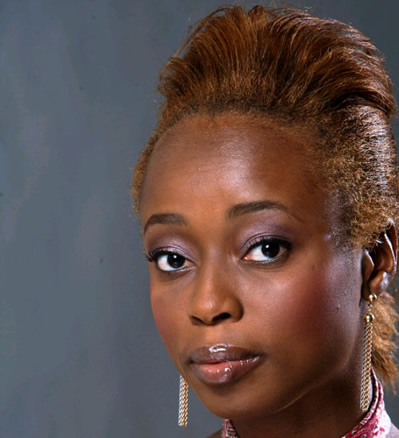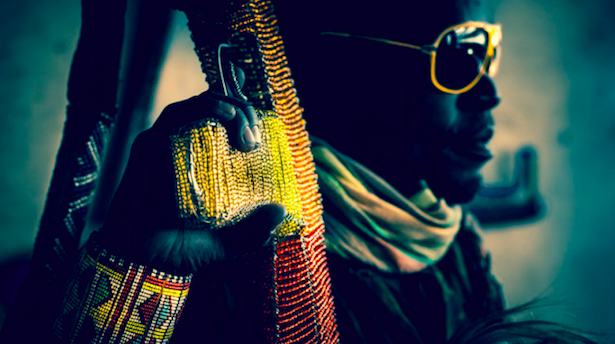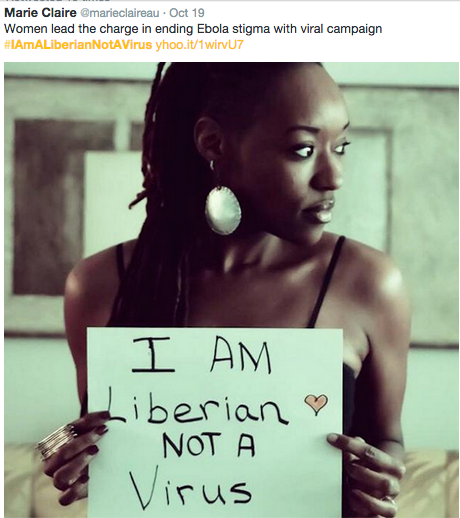MY close friend Mercy, when she heard about my novel, congratulated me: I had found out “what the white people wanted to read and given it to them.”
Mercy had a point. The idea for my book may have been independently inspired, but the approval of “white people” was crucial. Success for an African writer still depends on the West.
In the past decade, all sorts of marvelous things have happened for African literature. African writers have won or been shortlisted for some of the most prestigious literary prizes and accorded prominent display in leading bookshops. Contemporary African voices are finally telling African stories.
But we are telling only the stories that foreigners allow us to tell. Publishers in New York and London decide which of us to offer contracts, which of our stories to present to the world. American and British judges decide which of us to award accolades, and subsequent sales and fame. Apart from South Africa, where some of the Big Five publishers have local branches, the few traditional publishers in Africa tend to prefer buying rights to books that have already sold in the West, instead of risking their meager funds by investing in unknown local talents.
As a result, in Nigeria, most writers are self-published. The responsibility for the printing, marketing and publicity of their books rests solely on their individual pockets. Dozens of vanity presses exist to serve these authors’ needs, many accepting manuscripts from anyone who can pay. But with no solid infrastructure for marketing and distribution, and without qualifying for the majority of international book prizes that accept only traditionally published books, the success of these authors’ works is often dependent on how many friends, family members and political associates can attend their book launches and pay exorbitant prices for each copy. Or on whether they have a connection in government who can include their book as a recommended text for schools.
Literary audiences in many African countries also simply sit and wait until the Western critics crown a new writer, and then begin applauding that person. After all, these are the same connoisseurs who brought Chinua Achebe and Wole Soyinka and Ngugi wa Thiong’o to our adoring attention. Local writers without some Western seal of approval are automatically perceived as inferior. In international conversations about African literature, their books receive no mention.
I was fortunate. After I finished writing my novel in 2007, I asked friends living in Britain to mail the manuscript to British agents. Since I didn’t have as many friends in the United States, I emailed the book to the four American agents whose websites said they accepted email submissions. I’d also sent it to a Nigerian publisher, but by the time people there phoned to say they were interested, I already had a contract with an agent in New York, so they had to deal with him.
Even when an African writer finds acclaim in the West and sees his book reimported to his home country, local readership can be severely limited. Any Nigerian in Anchorage or Newcastle-upon-Tyne who so wishes can acquire my novel. But here in my country, where online shopping is still an esoteric venture (and where many websites reject payment cards attached to Nigerian addresses), my book is available only at a few bookstores in highbrow areas of about five cities. It is not available in Umuahia, the capital city of Abia State in southeastern Nigeria, where I grew up, where my parents live, and where my novel is set. The struggling local publishing industry is unable to make books available and affordable.
All this combined can make African readers feel that African literature exists not for them, but for Western eyes. Why else have brutality and depravity been the core of many celebrated African stories? It appears that publishers have allotted Africa the slot for supplying the West with savage entertainment (stories about ethnic cleansing, child soldiers, human trafficking, dictatorships, rights abuses and so on). The same stereotypes Africans often claim to abhor tend to form the foundations for our literary successes.
There is also a limit to how well even the most conscientious editor in New York can oversee an African story, and ensure that its authenticity shines forth. A story about an African wife in the 1980s, for instance, should not show her comfortable with having only one child. An English-speaking character from an African suburb is more likely to say “I have to be there by noon,” than “I’ve got to be there by noon.” But an editor in New York has no way of knowing this.
Even an African who has lived most of his life abroad may not remember. And at present, a vast majority of internationally acclaimed African writers are based in the West. When I speak at events in Nigeria, I’m often asked, “For how long are you around in Nigeria?” no matter how many times I’ve mentioned my home in Abuja.
Until African writers can start their careers by publishing in their home countries, none of this will change. Some of the greatest African writers of my generation may never be discovered, either because they will not reach across the Atlantic Ocean to attract the attention of an agent or publisher, or because they have not yet mastered the art of deciphering Western tastes.
Adaobi Tricia Nwaubani is the author of the novel “I Do Not Come to You by Chance.”
Article republished with permission from the author. First appeared in Nytimes.com
Image couresty of StudNigeria




